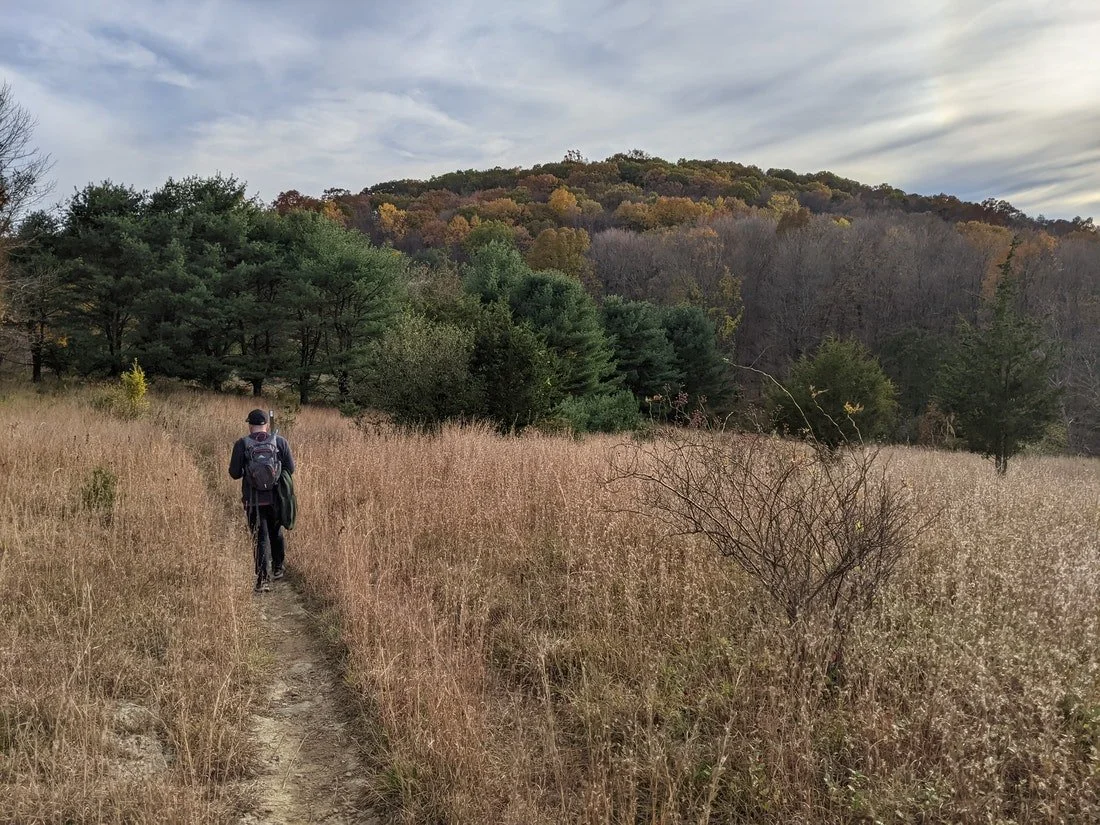If Part of the Battle Is Just Believing Yourself
How chronically ill people exhaust themselves before even addressing their health.
A friend from abroad wrote to me that her chronic illness feels like it’s closing in. She recently started experiencing new symptoms of breathlessness and insomnia. It’s disorienting and feels like flirting with madness because these symptoms aren’t “presenting” in an established pattern. A diagnosis can’t be given.
I was reflecting on this period where there’s a significant disconnect between what you might be experiencing on the inside, versus what others may expect you to feel. It’s a difficult time, laced with self-doubt. You see so many doctors and are both anxious and eager for the next appointment.
Meanwhile, you increasingly become incompatible with the outside world. That world, which is moving incoherently fast, doesn’t know quite what to make with you. It’s your energy levels; it’s your close affiliation with your bed, the floor, the couch.
It’s hard to be ill; harder maybe than I’ll ever be able to put into words. It’s not hard like the Ironman Triathlon – a straightforward contest of endurance (not that I would know). Being ill is hard because a substantial part of your energy goes into deciding whether what you are experiencing is legitimate.
Certain thoughts intrude. Are you really this tired? Compared to all the suffering people in the world, how bad actually is your pain? Other people are tired too, you know. Maybe they just manage it better.
You might feel that you have unlearned the language of being well, normal, unobtrusive.
The doubting prevents us from trying to communicate ourselves. How can you speak when your legitimacy feels questionable? You might feel as if you have no right. Sometimes we question our own sanity or these symptoms.
So what does it do to us when we have to continually convince ourselves that our experience is real, that we are to be believed?
Obviously, it’s exhausting. To avoid being thought of as a malingerer, we may completely shut out the opinions of others, even caring and possibly helpful ones. The wall of non-communication about this significant feature of our lives means that instead of feeling protected or safe as we might intend, we more likely feel isolated and ashamed.
Some of the ornery people I’ve met who are ill have developed a certain amount of defensiveness to get by in an unfriendly, dis-believing environment. To some degree, we all are in a dis-believing environment when it comes to chronic illness and unconventional bodies. Not necessarily because everyone is an asshole, but because it’s easier that way. It’s easier to believe and operate as if sickness and unexplained health issues are glitches which can usually be remediated. Or, that they only happen to people who are somehow categorically different than you. ‘If only that person had exercised, meditated more, had a better attitude, etc. they’d be better off.’
The fundamental uncertainty of life is ameliorated by over-emphasizing the role of medicine to control our trajectory. It’s like a bedtime story we tell ourselves. But in this story, ill people are the antagonists because they intrude upon the promise of peaceful village life. They rub us the wrong way.
My advice is to follow the wisdom of meditation practice. Accept the symptoms but not the story that comes along with it. Consider the brain fog, fear, or unexplained pain – however incoherent – as direct perception, without having to grasp after a single identity like, “I’m a sick person who always is and will be.” Or, “I should be over this by now.” Don’t adhere to the readily supplied cultural explanations for what’s going on. Stay open to not knowing, even if it’s uncomfortable.
I encourage you, just as the historical Buddha did, to accept your moment-by-moment experience as valid. Even if it doesn’t make sense, even if it doesn’t match with your or someone else’s expectations. The challenge (of a lifetime) is to stay open-minded and curious without buying into some big story about what this pain or illness means about you. What our imperfect bodies mean about us has changed throughout different eras. At one point in history, your unusual symptoms might have meant you were bewitched or a sinner.
The gist is that people hate uncertainty and mystery, so chronic illnesses are like magnets for ego-centered explanations. Often, these are stories designed to make someone feel better. In upcoming newsletters, I’ll be writing more about cultural explanations for illness, and how they have changed throughout the ages.
Hiking in Kitchawan nature preserve.
